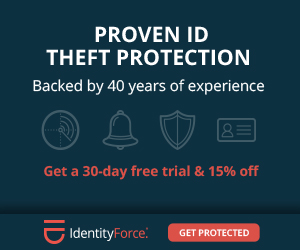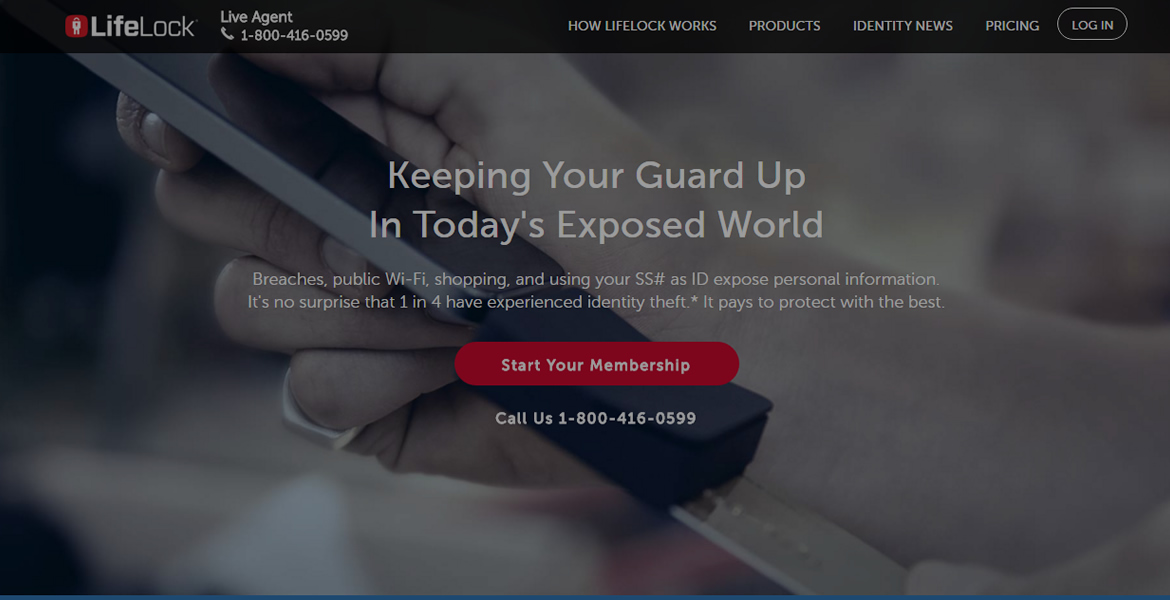Most people know about the perils of identity theft, where someone steals your personal or financial account information and makes fraudulent charges or opens bogus accounts in your name. Unfortunately, a new form of identity theft is gaining a lot of attention, medical identity theft.
Medical identity theft is the fraudulent use of another person’s name and medical history to receive medical services or products, including prescription drugs and insurance payments and it’s becoming the fastest growing form of identity theft. Last year, nearly two million Americans became a victim of medical identity theft, 32 percent more than the year before and it now accounts for nearly 45 percent of all identity theft cases in the United States.
An estimated 1.8 million victims paid more than $12 billion in related expenses in 2013, according to the Medical Identity Fraud Alliance and medical ID theft can have deadly consequences as well: Suppose someone poses as you and gets an appendectomy; if you later entered the hospital with abdominal pain, your medical file would show that your appendix was already removed and you could be tragically misdiagnosed.
Before we get into preventive measures, it’s important to understand what medical ID thieves are looking for and how they access your information. Your medical files are often full of information they crave: account numbers for Social Security, health insurance, Medicare or Medicaid, contact information, email address, etc. Some doctor’s offices even keep your credit card number on file (bad idea). All it takes is one stolen employee laptop or an intercepted piece of mail or email to leave you vulnerable. Feel free to ask what security precautions their business office takes to protect your personal and medical information.
Here are a few preventive measures you can take:
- Don’t post detailed medical information on social media sites. It sounds obvious but search your friend’s feeds and you’ve seen recovery photos from surgeries. Remember that appendectomy example earlier?
- If it’s too good to be true, it usually is. Be suspicious if someone offers you free medical equipment or services and then requests your Medicare number.
- Never reveal personal or account information during unsolicited calls. If in doubt, hang up and call your doctor’s office or insurance company directly. The same goes for emails.
- Never let people borrow your Medicare or insurance card to obtain services for themselves. Not only is this illegal, but it could be disastrous if your medical histories become intermingled (think about differing allergies, blood types, etc.)
- Regularly check your credit reports for unpaid bills for unfamiliar medical services or equipment. This could indicate someone has opened a new insurance policy using your identity and is running up charges.
- Safely store paper and electronic copies of medical records and shred unneeded forms. Trash diving is still alive and well.
Common signs of medical identity theft include:
- Provider bills or insurance Explanation of Benefits (EOB) forms that reference medical services you didn’t receive. (Verify all dates, providers and treatments for accuracy and look for duplicate billing.)
- Calls from debt collectors about unfamiliar bills.
- Medical collection notices on your credit report.
If you suspect or know that your information has been compromised, ask for copies of your medical records from each doctor, clinic, hospital, pharmacy, lab or health plan where a thief may have used your information. Although you’re legally entitled to see these records, you may have to pay a fee. If a provider denies your request, file a complaint with the Department of Health and Human Services’ Office for Civil Rights.
Ask your health plan and each medical provider for a copy of their Accounting of Disclosures, which lists everyone who got copies of your medical records. By law, you’re entitled to one free copy per provider, per year.
Next, write to your insurer and medical providers by certified mail to explain which information is inaccurate, along with copies of documents that support your position. Ask them to correct or delete each error and to inform everyone they may have sent records to (labs, other doctors, hospitals, etc.) Keep copies of all correspondence and logs of all phone calls or other related activities.
Medical identity theft is serious business. Make sure you’re taking every precaution to protect your medical records.
Take a look at the AARP Credit and Identity Theft Protection from TrustedID.













